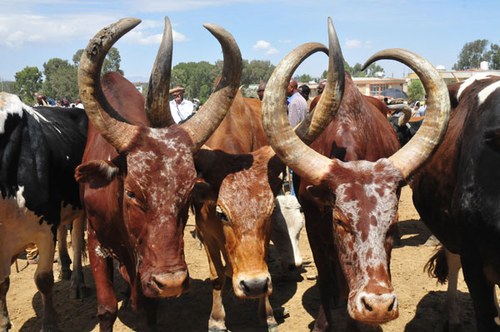Third Mission Projects, North Africa, Sub-Saharan Africa
EMILIA ROMAGNA REGION; 2019-2020

The project is funded by the Emilia Romagna region in the context of decentralized cooperation projects, or regional interventions for cooperation with developing countries and countries in transition, international solidarity and the promotion of a culture of peace. Together with Vet For Africa, proponent of the project, also the Department of Veterinary Medical Sciences of the University of Bologna and the Veterinary Faculty of Mekelle in Ethiopia.
Despite the zootechnical heritage of Ethiopia being one of the richest in the world (60 million cattle and 60 million small ruminants), the productions are insufficient to satisfy the demand not only of the current population, but also of that expected for the coming years. The improvement of the productive indexes and the reduction of the diseases of the livestock represent, thus, the most urgent challenge for the local livestock sector. And in this the improvement of the skills and professionalism of veterinarians that the participation in the project of the Alma Mater Studiorum - University of Bologna, plays a central role.
The general objective of the project is to improve the health conditions of the animals and their productions, reduce the zoonotic risks and increase the safety of products of animal origin by improving the skills of veterinarians operating in the area and in the national health service, and improving the teaching skills of the Faculty at the College of Veterinary Medicine (CVM) and thus the education for undergraduate and postgraduate students of CVM.
Center of the project are the training / educational activities in favor of various categories of beneficiaries:
(in Italian)